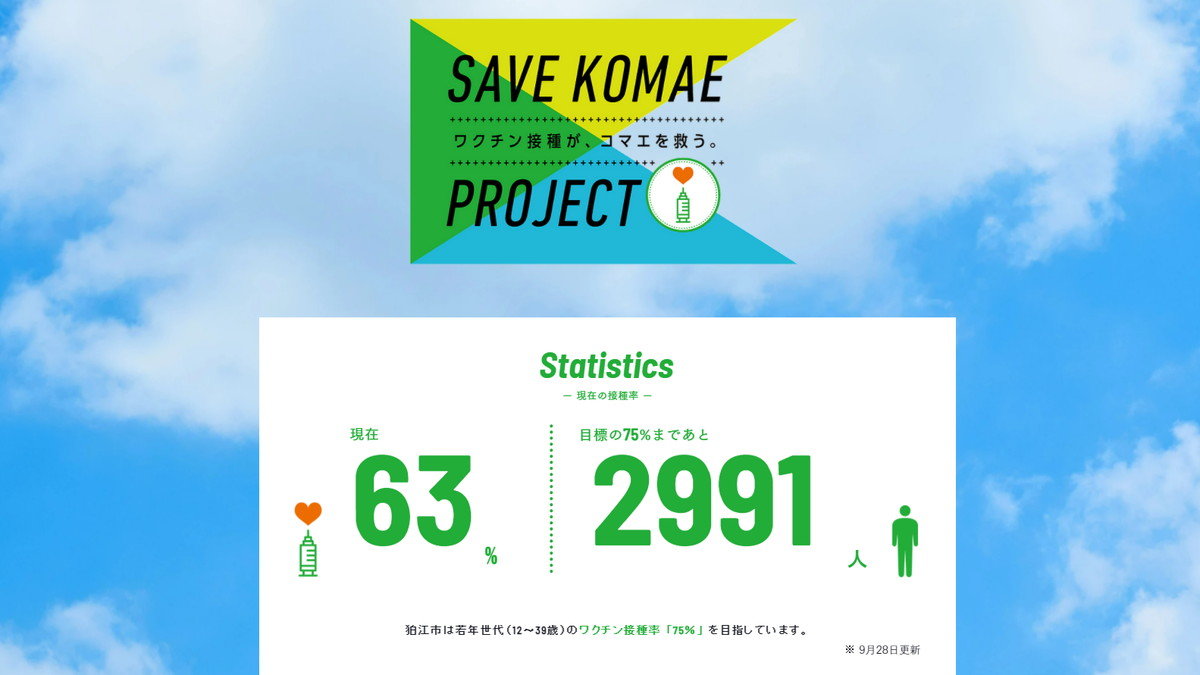The gut health trend is booming, with brands from Zoe to Biotiful extolling the virtues of probiotics and prebiotics.
Consumers clearly want gut health products. But why this is, and what concrete health benefits they hope for from such products, remains less clear.
What do consumers want from gut health products? And how can brands communicate the science behind them?
Motivations behind buying gut-health products
The effect of gut bacteria on the microbiome, in its varied forms, is a complex topic and often requires expert scientific knowledge to fully understand.
Nevertheless, the industry of ‘gut health’ products is booming, with a wide range of start-ups using gut health as a key selling point for consumers.
How health claims are regulated
In the EU, products are not allowed to use the terms ‘probiotics’ or ‘prebiotics’, as they are considered health claims that are not authorised.
There are a number of reasons consumers are motivated towards buying products claiming to be ‘good for gut health.’ “A lot of consumers claim to have food allergies or food sensitivities (almost always not medically diagnosed) and feel that gut health products – dairy based fermented beverages, food supplements, etc. – give them the ability to deal better,” Ananda Roy, senior vice president at marketing research company Circana, told FoodNavigator.
Some consumers, he suggested, feel the effects of bloating from diets high in carbohydrates and dairy, and look to gut health to help solve this.
Appetite regulation is another key benefit, Sophie Medlin, dietician for the British Dietic Association for London, told FoodNavigator. “We would hope that products targeting gut health will contain fibre, which is good for our gut health, and also helps us to keep fuller for longer, supporting appetite regulation. Some will contain pre and probiotics which may positively influence the microbial populations in our gut.”
However, one of the main drivers of consumer interest is simply marketing: a lot of marketing. “Consumers can’t escape the constant media coverage, about the importance of good gut health, at the moment. Currently it is being touted as the key solution to almost all ailments, which means it is no surprise that so many people are drawn to gut health food products,” Medlin told us.
“Unfortunately, due to the high numbers of people who have functional gut conditions like irritable bowel syndrome, many of the gut health products are not suitable for people who have gut symptoms, which can be confusing.”
Can gut health claims be misleading?
Not all products with the ‘gut health’ claim live up to the expectations created by it, according to Medlin. “Terms like ‘good for your gut’ or ‘good for gut health’ are regulated health claims so as such, these products should contain ingredients that hold registered health claims associated with gut health,” she told us.
“Unfortunately that isn’t always the case and some companies are riding the gut health wave without having ingredients that are proven to be beneficial to gut health.”
According to Medlin, consumers’ lack of understanding of gut health has the potential to be misleading, not providing consumers with a good picture of the ways in which the product will actually help their gut.
For example, “the health claims associated with inulin (a prebiotic fibre) is ‘inulin contributes to maintenance of normal defecation by increasing stool frequency’, which isn’t as appealing on food packaging as ‘good for your gut’ hence why manufactures avoid these more graphic terms. As mentioned above, inulin and other prebiotic fibres that are added to gut health foods, will appeal to people with irritable bowel syndrome but can also cause symptoms which creates problems for consumers, but also manufacturers, as digital reviews can be scathing.”
The misleading nature of such claims are, Medlin suggested, made worse by regulations over the terms which can be used on pack.
“We see cereal brands capitalising on terms like ‘good for your gut’ and charging a premium for their cereal which is very similar to other, much better value brands. It is a complicated area at the moment, not helped overall by the delay in decision making over the claims for probiotics which leads manufactures to have to find more convoluted and elaborate ways to describe probiotics without using the term probiotics!”
Neotame
One ingredient that may not be good for gut health is artificial sweetener neotame. According to recent research, it could indirectly damage bacteria commonly found in the gut, which has the potential to lead to health issues like irritable bowel syndrome and sepsis.
How to communicate with consumers
With consumer understanding of what gut health is and what it means, it is important for brands claiming to be good for the gut to communicate the science behind their products effectively.
Science communication is “absolutely critical as we’re claiming to be ‘gut-loving’”, Steven Van Middelem, founder at probiotics drinks company Fhirst, told FoodNavigator.
“It’s important to make it relevant to consumers, and that means translating a very complex matter into relatable and understandable language.
“For example, how does the product work, how should they consume it, how can it impact their health. With gut health awareness at an all-time high, consumers are learning more and more about probiotics and prebiotics, but there is definitely additional work to be done on educating,” for example educating what a functional soda is.
Scientific marketing is important, according to Van Middelem, for building consumer trust in a product. “By having the right credentials and by establishing that relevance for them as a consumer, then I believe scientific marketing lends itself to trust in the brand and overall concept.”
Yakult, which produces sweetened probiotic milk drinks, also stressed its focus on scientific communication.
“At Yakult, we’re dedicated to making complex scientific ideas understandable for everyone,” Reshma Patel, Marketing Manager at Yakult UK, told FoodNavigator.
“Our mission is to clear up the confusion and provide reliable information. We aim to engage consumers through various channels, breaking down complex ideas into easy-to-understand concepts. By sharing our expertise and research, we help people grasp the importance of gut health and its impact on overall wellbeing. Through our social media channels, website, as well as our marketing and PR activities, we bridge the gap between science and daily life, empowering individuals to prioritise their health with confidence.

“Our main channels to enhance and educate about the importance of gut health are social where we can shorten the messages in an engaging way and through partnerships with media publishers. We also continuously update our website to provide simple, accessible advice related to gut health.
“The PR team leverages scientific research to craft compelling stories around gut health to create assets that would be interesting for both journalists and readers.”
According to Patel, Yakult’s consumers have reacted well to scientific marketing, especially when it’s light in tone. “We have seen that consumers definitely respond positively to scientific marketing across all channels when it’s engaging, relevant to their daily lives, and connected to their needs and current trends,” she told us.
“We know that consumers want to be informed, however they are most attracted to light-hearted content, so it’s important to strike that balance-making content fun, digestible and simple is key!”
Note: This article have been indexed to our site. We do not claim legitimacy, ownership or copyright of any of the content above. To see the article at original source Click Here













